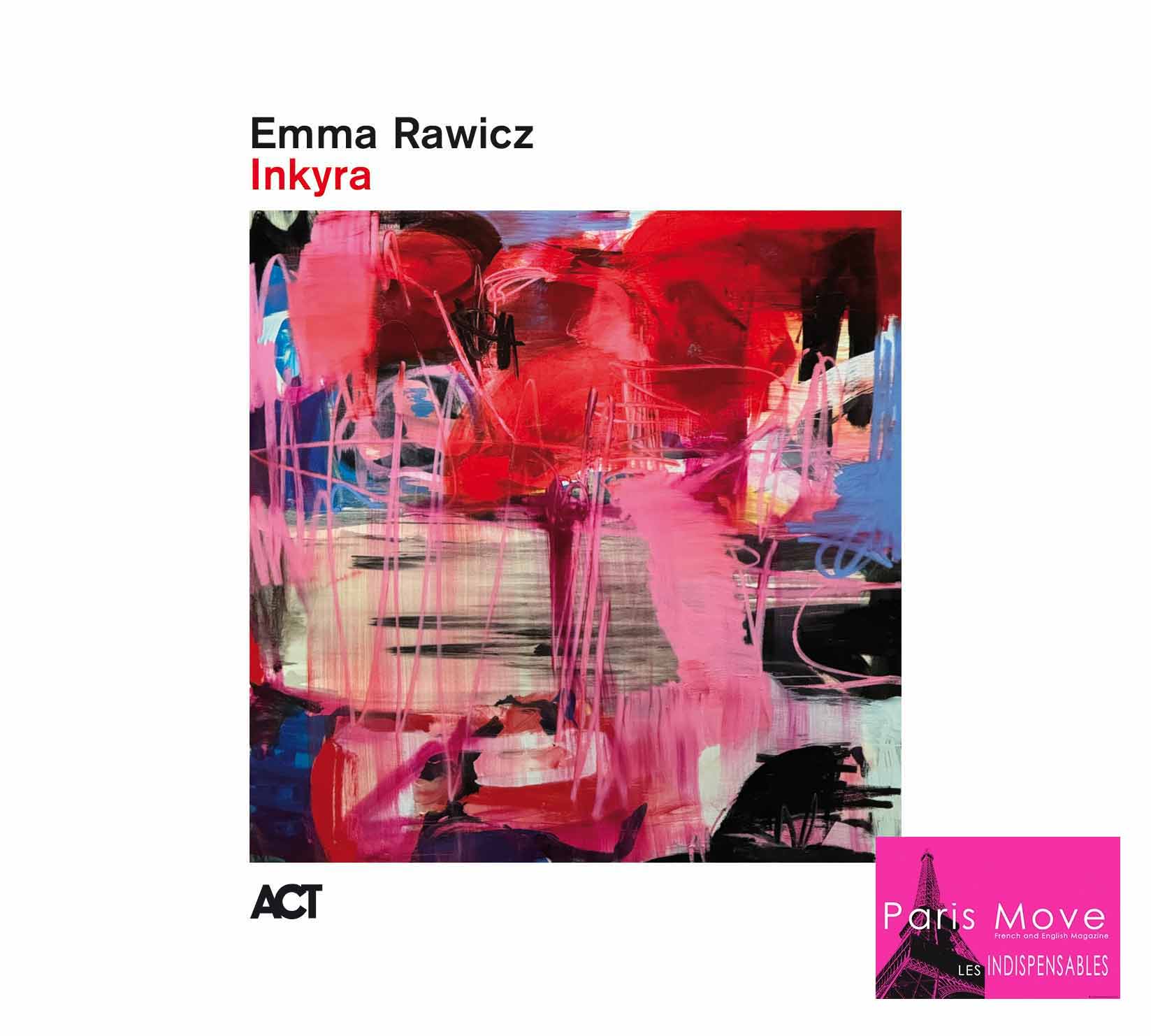| Jazz Fusion |

Emma Rawicz, the rightful heir to Wayne Shorter and Joe Zawinul.
To listen to Emma Rawicz’s new album is to hear both history and invention in dialogue. The echoes of Wayne Shorter and Joe Zawinul, the architects of jazz fusion, are unmistakable, but what emerges is not imitation. Instead, Rawicz threads European sensibilities, global textures, and a melodic imagination that is distinctly her own. She does not simply play within the tradition of jazz fusion; she reshapes it, imprinting her voice with urgency and originality. It feels, at once, like a continuation of the story and the beginning of something new.
“In jazz, there is always something to learn,” Rawicz reminds us. It is a sentiment that reveals both humility and ambition, and it has defined her path. Since the release of her debut Chroma on ACT in August 2023, she has quickly risen to become one of the most acclaimed and sought-after European jazz musicians of her generation. For her, jazz is not a museum but a living practice, an inexhaustible well of inspiration. “There’s always something new to discover,” she says. “When you practice, you can develop so many new things.”
That restless energy shaped her public profile as much as her music. During the pandemic, while live stages fell silent, Rawicz began sharing her practice sessions on Instagram. What began as personal documentation soon became a lifeline for tens of thousands of followers who watched her evolution in real time. When the stages reopened, she was ready, not only as a gifted saxophonist but as an artist with a growing audience eager to follow her journey.
Today her calendar is relentless: tours across Europe, appearances in major concert halls, headlining slots at festivals, all while composing new music at a rapid pace. She leads her own Jazz Orchestra, an ambitious vehicle for her writing, and has been named a BBC New Generation Artist—an accolade reserved for musicians the broadcaster calls “some of the world’s most promising new talent.” The Guardian captured the moment neatly: “Emma Rawicz has burst out of the blocks, and her meteoric rise shows no sign of slowing down.”
The music itself resists easy categorization. At times, it feels questioning, even post-industrial; at others, lyrical and expansive. The rhythms are deliberate, driving home the European core of her sound while simultaneously drawing from influences far beyond the continent. Listening to Rawicz can feel like entering a dense, poetic novel: the material demands attention, rewards curiosity, and lingers long after.
For Rawicz, the audience is not an afterthought but a collaborator. This new body of work was first tested in a small London venue, standing-room only, in front of an unusually diverse crowd. The experiment was less about whether the band could master the technicalities of the music than whether the listeners could inhabit it, whether they could be moved, even physically carried along by its energy.
Such music requires time to take shape. The project began three years ago with this ensemble: rehearsals numbering in the dozens, live shows where pieces were tested, refined, sometimes discarded and replaced. It is the slow, deliberate work of building an experience that feels both fresh and inevitable. “We worked very intensely on this music,” Rawicz says. “After the first concert last summer, we all invested huge amounts of time, rehearsing and developing the program in workshops. Everyone left their imprint on it.”
Her influences are eclectic, and not always predictable. Among them: Joni Mitchell. At first glance, it seems an unlikely source for a jazz saxophonist. But Rawicz is quick to explain. “I immersed myself in her music before writing this program. I’m fascinated by the way she structures melodies, her use of harmony, her unusual tunings, her chords you don’t hear in jazz. That influenced my piano playing and shaped my composing. The result is a unique identity.” Even the lyrics of Mitchell’s songs reverberate here, surfacing in track titles and lending the album its whimsical name.
What results is a work of discovery, an album that welcomes the listener in, but also challenges them to follow its twists and depth. It is music that feels both deliberate and free, intellectually rigorous yet emotionally direct. ACT, like several jazz labels this year, seems inspired in its choices, giving artists like Rawicz the space to evolve and audiences the privilege of witnessing that growth.
Emma Rawicz does not so much follow in the footsteps of Shorter and Zawinul as walk alongside them, extending the path into new terrain. The future of jazz fusion, it seems, has found one of its most compelling voices.
Thierry De Clemensat
Member at Jazz Journalists Association
USA correspondent for Paris-Move and ABS magazine
Editor in chief – Bayou Blue Radio, Bayou Blue News
PARIS-MOVE, September 8th 2025
Follow PARIS-MOVE on X
::::::::::::::::::::::::
Musicians :
Emma Rawicz, saxophone
Gareth Lockrane (opt), flutes
David Preston, Guitar
Scottie Thompson, keyboards/synths
Kevin Glasgow, electric bass
Jamie Murray, drums
Track Listing:
Anima Rising
Earthrise
Marshmallow Tree
Time and Other Thieves
Particles of Change
A Portrait of Today
Lunar
Moondrawn (Dreaming)
All My Yellow Afternoons
A Long Goodbye

